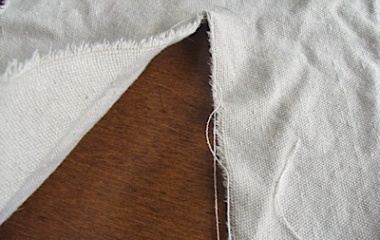One of the foundational laws of Shabbat is that only productive acts are prohibited; “all who destroy are exempt” (Shabbat 105b). At times, a…
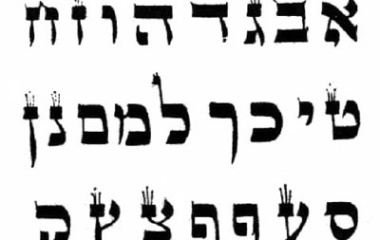
Shabbat 104a: Alphabetical Order
The Latin alphabet, used in many languages of today (including English), is a phonetic system where each letter—or combination thereof—represents…

Shabbat 99b: Three Rabbis, One Opinion
James Naismith is credited with inventing basketball, but a primitive version seems to have existed in Talmudic times. “Rav Mordechai asked Rava: […

Shabbat 96b: Human Revelation
Of all the 39 Melachot, it is carrying that, by far, occupies the most pages of Talmudic discussion. In the midst of discussing this prohibition, the…

Shabbat 91b: Talmudic Toys
It seems that the toy industry in Talmudic times was quite different than the one we have today. Lacking the technological gizmos so popular today,…

Shabbat 89b: Yitzchak to the Rescue
Abraham is the founding father of Judaism, Yaakov is the founding father of the Jewish people, and Yitzchak is the link between them. His role was…

Shabbat 89a: Sinai and Sin'ah
Years ago, I heard Dennis Prager note that, while the Talmud spends six double-sided folio pages discussing the permissibility of eating an egg laid…

Shabbat 75: Sewing and Science
It is the 39 melachot that define the observance of Shabbat. Yet a listing of the melachot does not appear until midway through the seventh chapter…

Shabbat 63: Battle Clothes
The sixth chapter of Shabbat begins with the issue of what ornaments a woman—and to a lesser extent, a man—may or may not wear on Shabbat in a place…
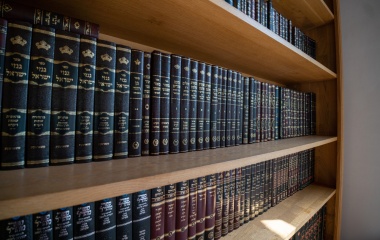
Shabbat 56: Rabbinic Cover-Up
Interpreting Scripture is no easy feat. One of the difficulties in understanding biblical literature is to figure out what parts are to be taken at…

Shabbat 54b: Minding Others' Business
“The cow of Rav Elazar ben Azaria used to go out on Shabbat with a strap between its horns, against the will of the rabbis”. Shabbat is the day of…

Shabbat 46a: Going Barefoot
One of the inspiring things we see in the many stories found in the Talmud is the realistic portrayal of our great sages. We see not only much…
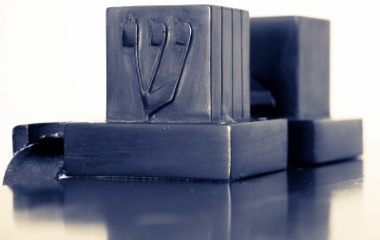
Shabbat 49a: The Wrong Reason
The Talmud teaches that everything is dependent on mazal, “even the Sefer Torah in the ark”. Some sifrei Torah are used week in and week out, while…

Shabbat 33: Let's Talk
One of the differences between Talmudic rabbis and those of the post-Talmudic era is the “ability” of the former to link “crime and punishment”, or…

Shabbat 31b: One-Foot Judaism
One of the most famous Talmudic stories is that of the potential convert who conditioned his conversion on whether or not he could be taught the…

Shabbat 31: No Need to Cram
Having the questions of an exam in advance would seem to be a big advantage. Yet often, such advantages are frittered away as we are apt to work a…
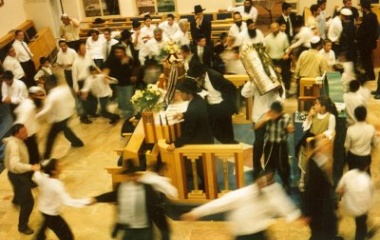
The Joy of Mitzvoth: Shabbat 30
Rav Moshe Feinstein noted that one of the tragedies of American Jewish life was the common notion that it is difficult to be a Jew. Children saw…

Alive in Our Memories: Shabbat 30
“The rabbis wanted to bury the book of Kohelet, as its words contradict one another” (30b). The Talmud notes that, in addition to contradicting…

